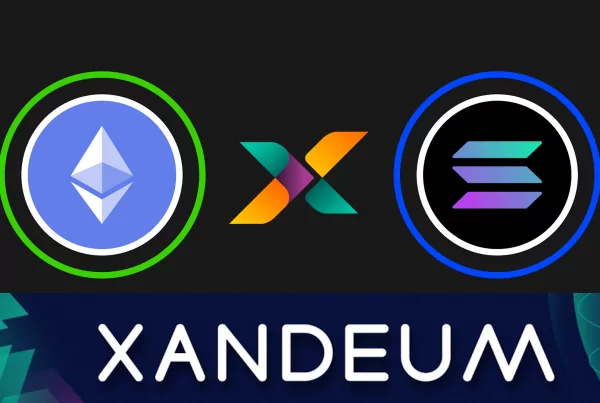
Cryptocurrencies have revolutionized the financial sector, offering new opportunities for investment and innovation. With various digital assets available, understanding the nuances of this market is crucial for both seasoned investors and newcomers alike. This article delves into important aspects that you need to be aware of to navigate the crypto space effectively.
Understanding Cryptocurrency Fundamentals
Before examining specific cryptocurrencies, it’s essential to grasp the basic concepts that underpin this technology. At its core, a cryptocurrency is a digital or virtual currency that uses cryptography for security. Most cryptocurrencies operate on decentralized networks based on blockchain technology – a distributed ledger enforced by a network of computers. Understanding these fundamentals is vital because it helps you make informed decisions about where to invest and what risks to consider.
When evaluating different cryptocurrencies, it’s important to look at their use cases and the problems they aim to solve. For example, Bitcoin was created as a decentralized alternative to traditional fiat currencies, while Ethereum focuses on enabling smart contracts and decentralized applications (dApps). These distinctions can significantly impact their long-term value and utility in the market. In recent years, there has been a surge of interest in various altcoins, making it even more crucial to understand what sets each one apart.
Another key factor is market sentiment, which can be influenced by news, regulatory developments and technological advancements. For instance, a positive announcement about institutional adoption can drive prices up, while regulatory crackdowns may lead to market corrections. Keeping abreast of these developments allows you to anticipate potential market movements and adjust your strategies accordingly. In this volatile market, staying updated with reliable information sources is indispensable.
New Coin/Token Launches
Staying ahead in the crypto space often involves keeping an eye on new coin or token launches such as ape terminal’s, a market leader in the world of crypto. Initial Coin Offerings (ICOs) and Initial Exchange Offerings (IEOs) are common methods for new projects to raise capital. Participating in these early-stage investments can be lucrative but also comes with significant risks. Therefore, conducting thorough research into the project’s whitepaper, team credentials and roadmap is essential before committing any funds.
New tokens often bring innovative solutions or improvements over existing ones. They may introduce unique consensus mechanisms, enhanced security features or novel use cases that address existing limitations in the crypto ecosystem. Evaluating these aspects helps you discern whether a new token has long-term potential or is merely riding on temporary hype. Research thoroughly to understand the potential of new tokens before investing, the exact sentence must be placed in the middle of a sentence.
Market Trends and Analysis Tools
The cryptocurrency market is known for its volatility, making it essential for investors to utilize robust analysis tools. Charting tools help you visualize price movements and identify patterns that could indicate future trends. Technical analysis involves studying historical price data to predict future movements, while fundamental analysis focuses on evaluating the intrinsic value of a cryptocurrency based on its underlying technology and team. These tools can provide valuable insights into when to buy or sell assets.
Sentiment analysis is another critical tool that leverages social media trends and news articles to gauge public perception of specific cryptocurrencies. By understanding how sentiment shifts, you can make more informed trading decisions. By using multiple tools, you can gain a comprehensive understanding of market dynamics.
Importance of Security Measures
Security remains one of the most critical concerns in the cryptocurrency world. As digital assets are stored in online wallets or exchanges, they are susceptible to hacking attempts and other cyber threats. Employing strong security measures such as two-factor authentication (2FA), hardware wallets and secure exchanges can significantly mitigate these risks.
Apart from personal security practices, it’s also crucial to choose platforms with robust security protocols in place. Reputable exchanges invest heavily in cybersecurity measures like cold storage for funds and regular security audits. Additionally, staying informed about potential vulnerabilities and common scams can help you avoid falling victim to fraudsters.
In summary, navigating the cryptocurrency landscape requires a comprehensive understanding of fundamental principles, market trends, new developments and security measures. By staying informed and utilizing reliable analysis tools, you can make more informed decisions that align with your investment goals.



